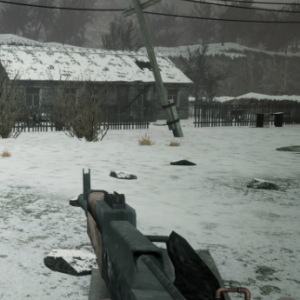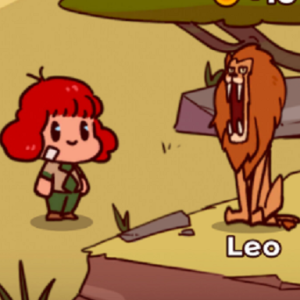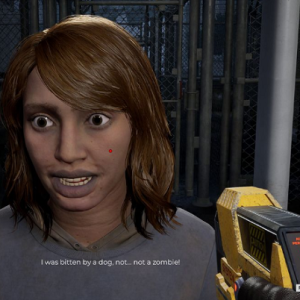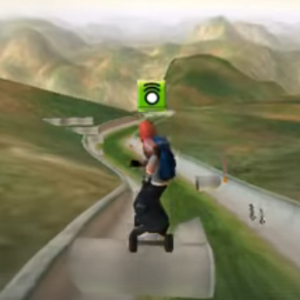Similiar games
Pizzy’s Parlor is a first-person story game that follows a father during what seems to be an ordinary day. The player begins inside a small pizzeria, preparing to leave work. The plan is simple: pick up the son from school, take him home, and stop at a few stores. As the player moves forward, normal tasks start to feel wrong. Each new location introduces confusion, leading the story away from daily life into a repeating and uncertain loop.
Chapter Structure
The game is divided into a clear sequence of short chapters. Each chapter presents one familiar setting — school, store, or restaurant — and a small event that breaks the routine. The father’s journey moves in a straight line, but the world around him begins to change. The player experiences each stage through movement and observation, advancing automatically through the storyline. The final scene returns to a location from earlier, closing the loop.
Main locations and events include:
- Chapter 1: Leaving the pizzeria after work
- Chapter 2: Picking up the son and shopping in a darkened store
- Chapter 3: Visiting the candy shop and meeting a strange figure
- Chapter 4: Entering the bakery to find something unexpected
- Chapter 5: Returning to the meat shop without remembering why
- Chapter 6–9: Ordering food from various places before the final return
Story Development
Each new stop adds a small piece to the father’s confusion. Simple tasks, like buying food or visiting shops, begin to blend together. The player sees familiar areas repeat but with small differences, suggesting that the character might be caught in a loop. There are no enemies or clear goals beyond moving forward. The focus stays on the gradual shift from normal actions to unexplained changes.
Player Role
The player does not solve puzzles or fight; the task is to move, look, and listen. The story is told through the environment and short transitions. Visual and sound cues signal when something has changed. Repetition becomes part of the gameplay, showing how routine actions start to lose meaning. The linear structure ensures progress continues even without full understanding.
Pizzy’s Parlor turns a simple daily routine into a chain of connected scenes. The father’s day repeats across familiar places that change each time he visits them. Every chapter adds a new piece to the cycle until the player returns to the starting point. The game ends with the father questioning what is real and what is imagined, leaving the story open to interpretation.



















